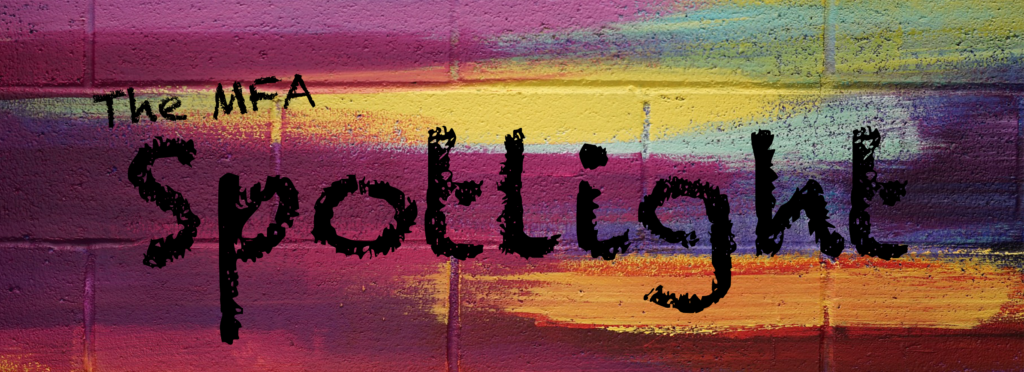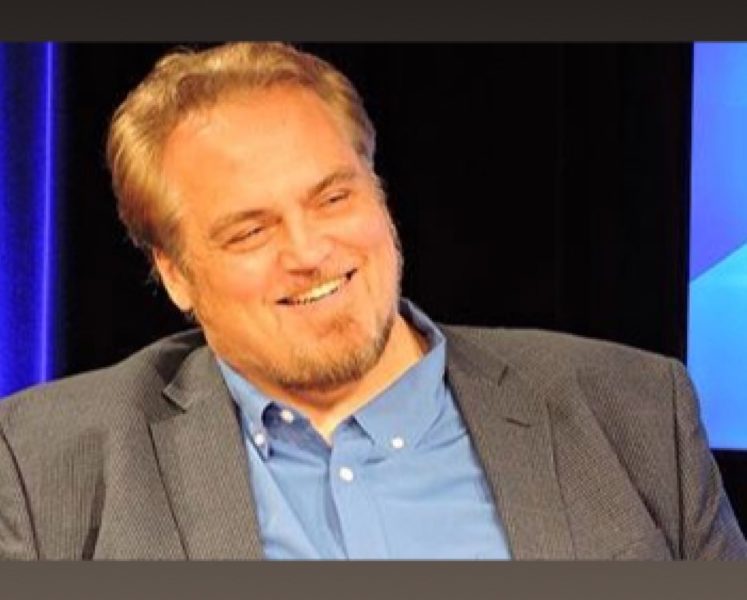This Week’s Spotlight: John Roche


MFA Alumnus Class of 2012, MFA Mentor, WCSU Professor, and Author of Bronx Bound: A Novel
October 12, 2018
Tell us a little bit about your genre. (I.e. why you write in this genre, how you discovered it, what you love most about it?)
When my marriage was ending a while back, I was reluctant to read the kinds of books that I usually was attracted to: novels with deep themes, exploring emotions and issues like love and hate and romance and life’s deeper meanings, philosophical questioning, etc. All that stuff was going on in my everyday life, so I made a conscious effort to find books that would take my mind off those sorts of things and lead my thinking elsewhere. I picked up a schlocky crime novel (I can’t remember the title or the plot now looking back), and it provided the escape I needed.
I eventually started reading better-written mysteries and crime novels, and soon got to James Patterson, Lee Child, S.J. Rozan, Dennis Lehane, James W. Hall and others. One thing I loved and hated about writers like Patterson and Robert Parker, to name two, was their incredible ability to write page-turners. I’d make deals with myself—one more page, one more chapter—but couldn’t stop reading even when I wanted to, when I had to, for sleep or work or whatever. That appealed to me not only as a reader but something to strive for as a writer.
Also, coming from my journalism background, I tended to look at the reporting and then writing of a story as puzzles. I had to think of what pieces of the puzzle were needed for the story, what might be missing, and then put those jumbled pieces together to make a clear picture of a story. So the crime/mystery genre jumped out at me in that sense too. What’s a mystery if not one big puzzle to piece together.
Lastly, who doesn’t want to be the hero, the cop, the private eye, the savior. Writing crime or mystery, you get to not only create the problems, but solve them. I loved playing cops and robbers when I was growing up, either in my head or with friends. As a crime writer, you get to be both.
What is your opinion of the writing process? What is your process? Are all processes equal?
I’m a firm believer in the school of whatever works for you. Some terrific writers plan out every page. Others, like me, don’t plan or plot at all and follow where the characters and story lead us. In fiction especially, those two approaches are described as two camps: plotters or pantsers. Plotters plan their stories out. Pantsers go by the seat of their pants, without any planning or very little.
I like writing without knowing what comes next because I think that carries over for the reader. If I can’t wait to see what unfolds in the story as its writer, I’d hope readers would get that same sense of anticipation, surprise, etc. as they’re reading.
What works for me might not work for you, and vice versa. Same with one story to the next, or one book to the next. Whatever process keeps you writing and hopefully results in quality work is the best process. And I’d guess most pantsers would say they wish they could plan ahead, because it’s easier, and plotters would say the same thing about pantsers. Neither is better. And neither is easy.
Is publication important?
Of course it is. Anyone who says they write for themselves and don’t care if it gets read by anyone else is lying. We all want as many people as possible to read our work. But here’s the real kick in the ass: Publication ISN’T graduation. Getting published doesn’t mean we’re given the keys to the kingdom. We still have to work at writing, maybe even more so after getting published. That’s perhaps the hardest thing to accept about publication, because up until that point for every writer, getting published was such a defined goal. Getting published is just one step on the staircase of the writing life. You have to keep going.
How do you deal with critics?
We all have different tastes. Name a book or a movie that you think is absolutely brilliant and I’ll find a hundred people who hate it. So as creatives, we need to distinguish between matters of taste and opinion vs. valid criticism. Also, keep track of numbers. If many people lodge the same criticism about your writing or one piece or one part or one element of a story, poem, etc., chances are there’s something there to pay attention to.
Favorite writing quotes?
I love quotes about writing. There are too many to even begin to pick for my favorites, so here are three that come quickly to mind:
“I hate writing. But I love having written.” –Attributed to many, from George R.R. Martin to Dorothy Parker
“Fiction is a lie. And GOOD fiction is the truth inside the lie.” —Stephen King
“Writing to me is simply thinking through my fingers.”—Isaac Asimov
What is something unique about you?
I broke my nose five times, never while writing. Mother Teresa kissed me on the cheek, and Pope John Paul II touched my hand. And I hate watermelon, which I’ve learned is viewed as Un-American as telling people you plan on joining ISIS.
What is the most important thing about writing?
Write. Read. Write more. Repeat. It’s estimated that about 109 billion people have ever lived, and that’s still the most important thing about writing anyone’s come up with. Write. Thinking about writing isn’t writing. Talking about writing isn’t writing. Just write.
What do you most want to impart to students?
As many writers and teachers have said, give yourself permission to write badly. Wanting to only write great stuff is perhaps the greatest obstacle to just writing. You can improve, edit, re-write and all of that later. For now, just get your ass in a chair and write. One word after another. (And of course since I’m terrible at following my own advice, do as I say, not as I do).
Following a 25-year career as an award-winning journalist, he continues to freelance for regional magazines and newspapers, Roche is also a full-time faculty member in the WCSU Writing Dept., leading the undergraduate journalism program.
His MFA thesis became his first crime novel, Bronx Bound, which was published by Black Opal Books. He is currently writing a second novel and working on other creative projects.

